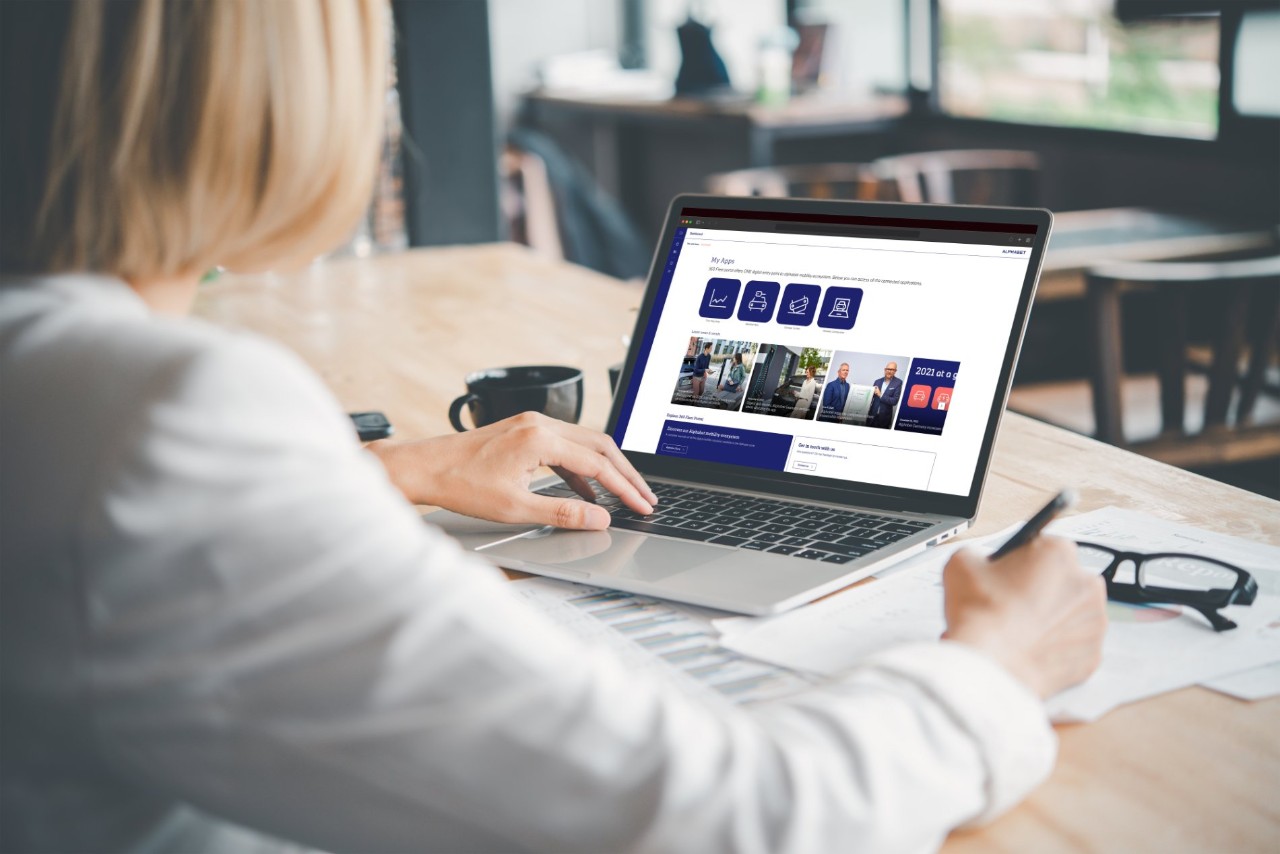Running a fleet, whether it's small, medium, or large, brings with it a series of challenges, especially when it comes to managing costs, ensuring efficiency, and maintaining safety. This is where fleet optimisation comes in - a strategic approach designed to streamline operations, reduce expenses, and enhance performance.
In this blog post, we explore the concept of fleet optimisation, and how Alphabet can help with this crucial aspect of your business.
So, if you're asking "How can I optimise my current fleet setup?" you're in the right place!
The what, why, and how fleet optimisation
Fleet optimisation is a critical process in fleet management which aims to improve efficiency, reduce costs, and boost safety levels. But what does it entail, why is it necessary, and how can you achieve it?
At its core, fleet optimisation involves using strategies and technologies to simplify operations, reduce waste, and enhance productivity. By optimising your fleet, you not only reduce unnecessary expenses but also improve service delivery, resulting in better-satisfied customers and a healthier bottom line.
Fleet optimisation plays an important role in enhancing safety. By investing in driver training programs, regular vehicle maintenance, and safety-focused technologies, you can drastically reduce the risk of accidents, protecting your drivers, assets, and your business reputation.
Practical steps to optimise your fleet
Regularly review the make-up of your fleet to spot possible improvements. Are vehicles under- or over-utilised? Could some drivers vehicle share? Should some vehicles be switched to more fuel-efficient smaller models or hybrids/EVs? Are you using heavier vehicles than needed for their purpose/load?
Review your policies and set alerts to reduce expensive fuel purchases, fuel-inefficient driving and idling. Use reporting, driver training and driver incentives to encourage fuel-efficient behaviours. Consider company fuel/charge cards which can greatly reduce the administrative burden of fuel reimbursement.
Efficient routes can reduce fuel consumption, improve delivery times, and reduce vehicle wear. Modern route planning software can consider multiple factors such as traffic, distance, and vehicle capacity and fuel stations to determine the best routes.
Routine maintenance is key to preventing unexpected breakdowns and costly repairs. A well-maintained vehicle is also more fuel-efficient and safer to operate.
Technologies for larger fleets
This technology uses data collected from the vehicles to predict potential mechanical issues before they become serious problems, allowing for proactive maintenance.
Telematics systems provide real-time data about your vehicles, including location, speed, idling time, harsh braking, and much more. This information can help you identify trends, address inefficiencies, and improve overall fleet performance.
These tools can help you manage everything from vehicle maintenance schedules to driver performance metrics, providing a centralised platform for all your fleet management needs.
Alphabet is your ultimate partner in optimising fleet management. Our expertise and innovative solutions can bring about efficiency, cost-effectiveness, and safety in your fleet operations.
We deliver everything from and proactive maintenance services to efficient driver training programs and route optimisation solutions. With Alphabet's personalised support and advice, you can confidently take your fleet management to the next level.
Ready to take the next step in optimising your fleet management?

-
Mon - Fri 08:30 - 17:30



